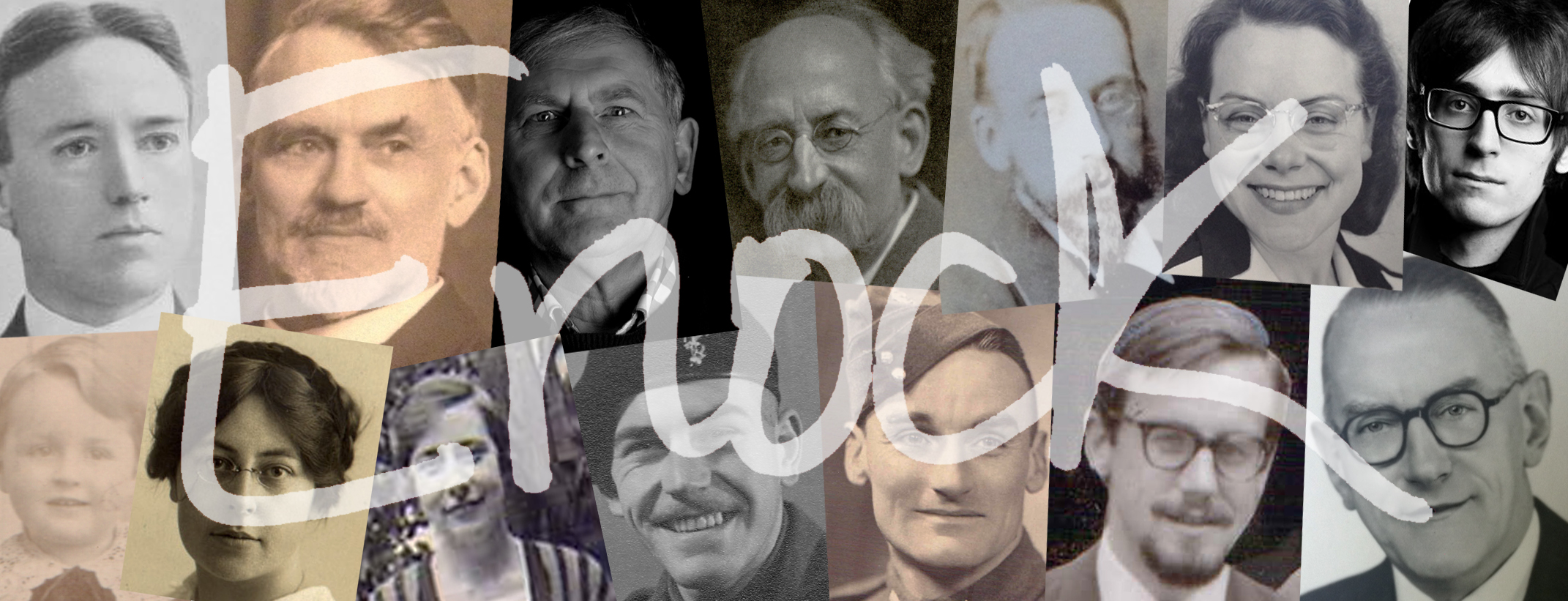|
|
|||
| Home | Name Index | County Index | Contact |
|
A brief history. The founder of Ackworth School was Dr. John Fothergill, a London physician of considerable distinction in the eighteenth century. Dr. Fothergill had a particular interest in education, and as a prominent member of the Society of Friends, repeatedly drew attention to the dangers of educational neglect. In 1758, the London Yearly Meeting considered the subject of education within the Society and asked for reports from the constituent Quartely Meetings. These reports, produced in the following year, proved discouraging. There were twenty-one small boarding schools, including the workhouse school at Clerkenwell set up in 1702 under John Bellers' scheme contained in his "Proposals for a College of Industry". This institution was still, at the time of the enquiry, more of a workhouse than a school. John Bellers himself had urged that the educational side of the work should be developed for the benefit of the Friends' children, and Dr. Fothergill, who attended the inmates from 1747 to 1765, repeatedly expressed his dissatisfaction with scheme. In addition to the twenty-one boarding schools there were in 1759 many small day schools giving a simpler type of education. Considerable doubt was felt as to the adequacy of this provision, and a special Committee of Meeting for Sufferings (the executive body of the Society of Friends) was set up to consider the problem and report back to Yearly Meeting. This Committee produced its report in 1760 and Dr. Fothergill was the Friend chosen to speak to it. The report expressed extreme disquietude with the existing state of education in the Society of Friends. The report was duly circulated but very little was done, except in Yorkshire Quarterly Meeting, where a school was founded at Gildercome, near Leeds. Brighouse Friends also tried to raise a fund to provide travelling Quaker schoolmasters in their area. At length, in 1777, the London Yearly Meeting seemed prepared to take action, for a minute was passed to this effect: "It being the judgement of this Yearly Meeting that encouragement for Boarding Schools suitable for the education of children whose parents who are not in affluence will be advantageous, the consideration of a plan proper to this purpose is referred to the Meeting for Sufferings, to be laid before the Meeting next year, to which Friends in the country are desired to give their attention and assistance". It was the plight of the children whose parents were "not in affluence" which mainly concerned the Meeting; it seemed that well-to-do families were at least catered for to some extent by the existing private Quaker boarding schools. Even after this minute had been passed and sent down to the Quarterly Meetings in a various parts of the country, the project might yet have been languished. Dr. Fothergill, however, was a man accustomed to taking action, once a decision had been made, and he saw no reason for further delay. Later in the same year, when travelling in Yorkshire, he was informed that the buildings of the Foundling Hospital at Ackworth were for sale - buildings which, so the Vicar of Ackworth declared when their demolition was contemplated, were "so strong and well-constructed that they might be converted in to a palace for a nabob or a barrack for a regiment". Dr. Fothergill could suggets a third possibility: they might be converted into a boarding school for the children of Quaker parents who were "not in affluence". Dr. Fothergill reported his findings to the Meeting for Sufferings, urging the purchase of the estate, but Meeting for Sufferings decided that it could take no action without the sanction of Yearly Meeting. Accordingly, Dr. Fothergill, with the support of some of his friends, including David Barclay who took a great interest in the project, personally guaranteed the purchase price eventually agreed upon of £7,000. This offer was received by the Governors of the Foundling Hospital in December 1777 and approved by them in April, 1778. Ackworth School opened on the 18th October, 1779. From the first it was organised on a dual system with separate schools for the boys and the girls. The committee had foreseen that travelling expenses might present almost unsurmountable difficulties for distant Friends "not in affluence", so provision had been made in advance. For every child coming from a distance, a contribution of twopence for every mile exceeding fifty was to be paid, with a similar amount for the return journey providing the child had spent at least two years in the school. Page updated 8th September, 2015. | |||
